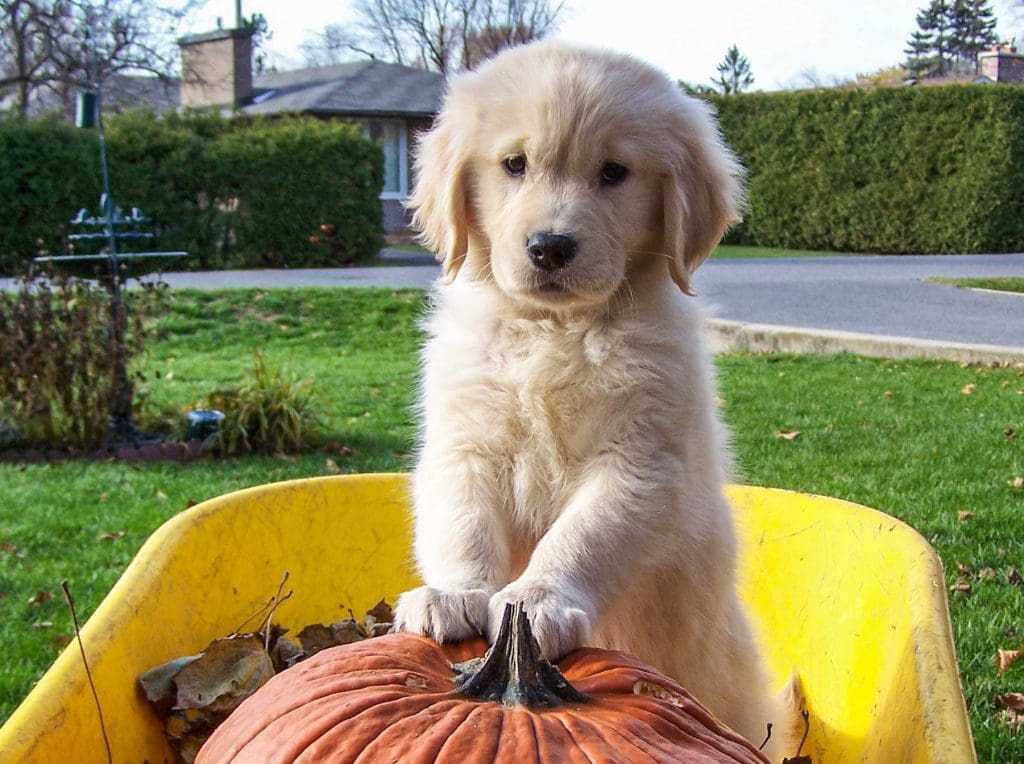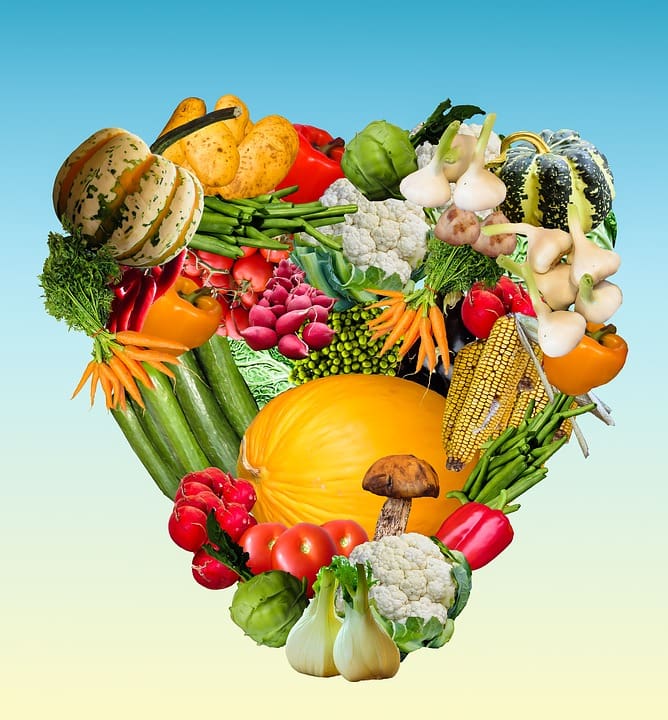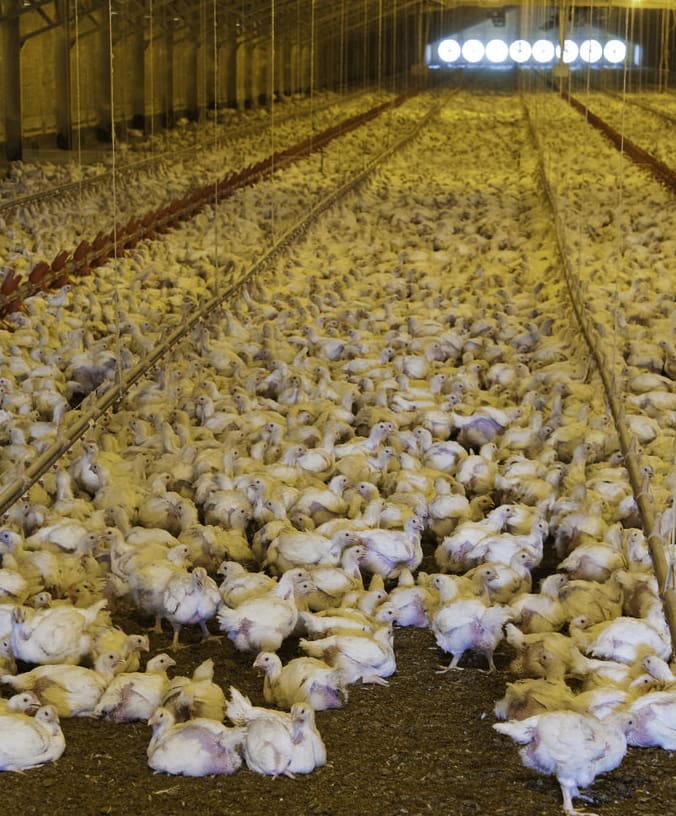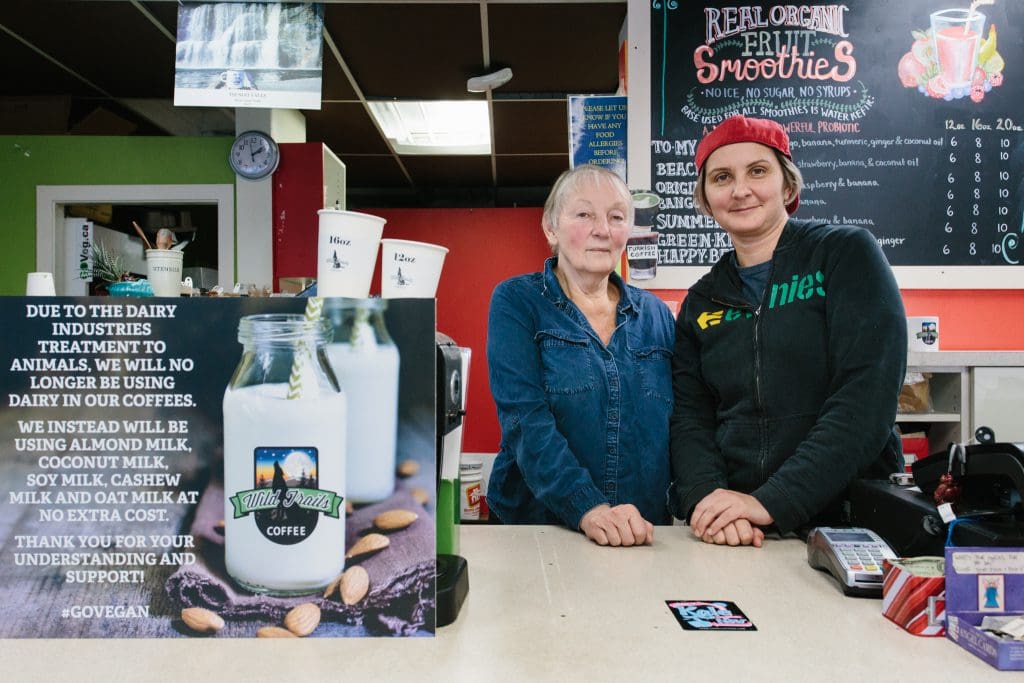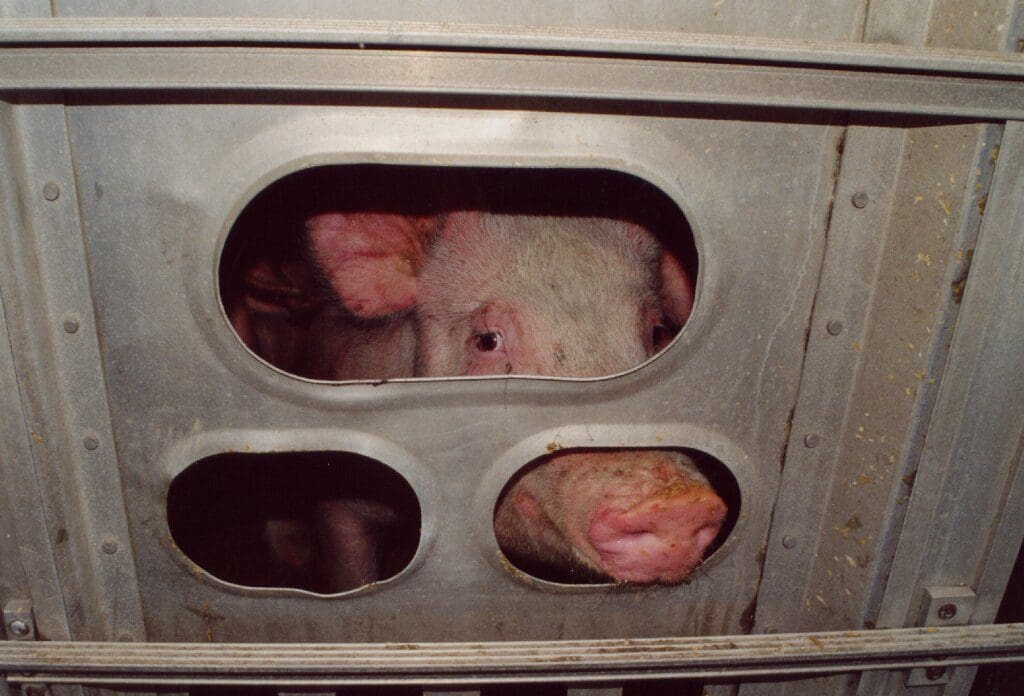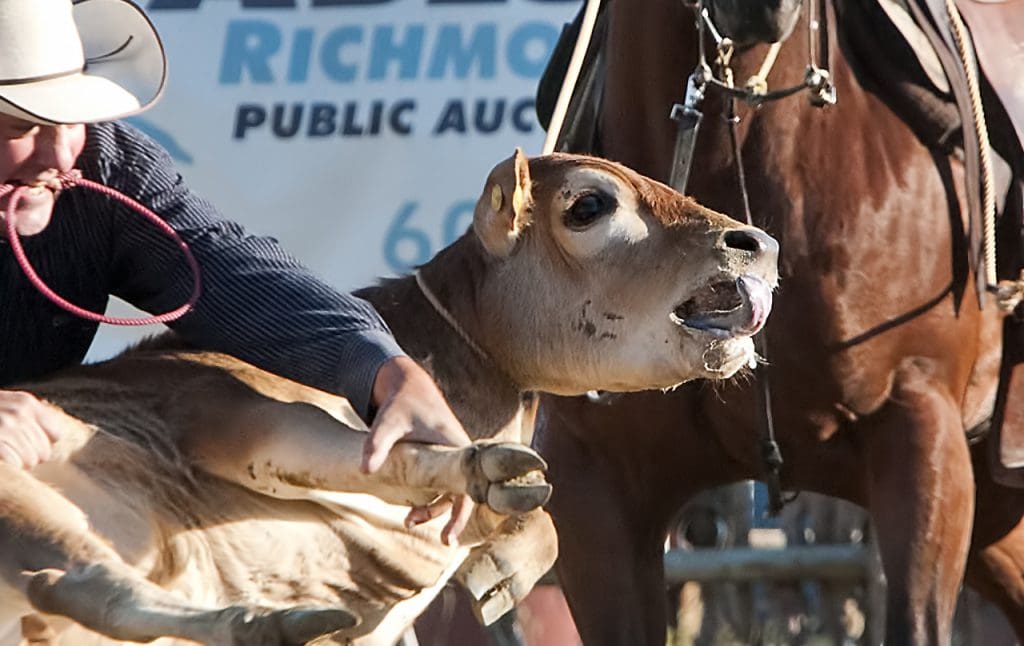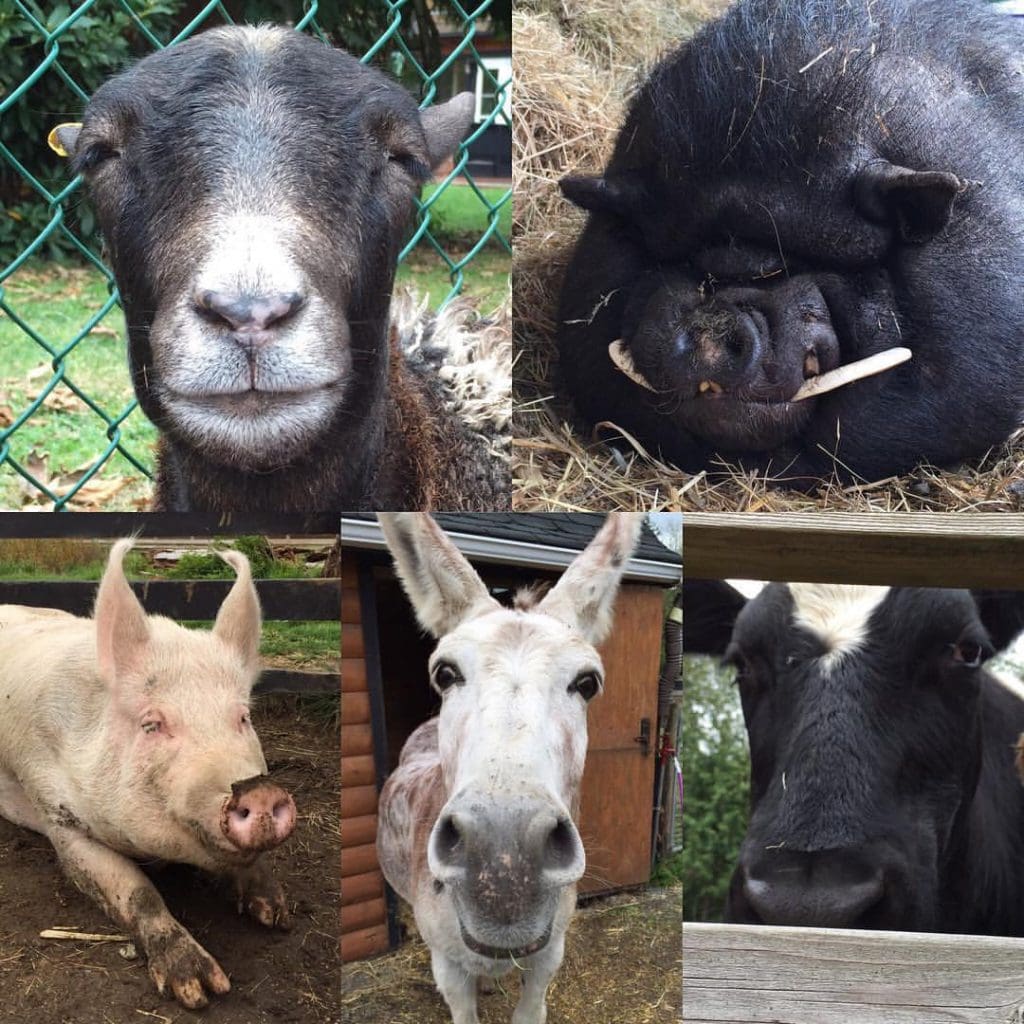
The Vancouver Humane Society and The Happy Herd Farm Sanctuary are partnering to raise funds to help animals now and in the future
Every year in Canada, more than 800 million animals are raised on cruel factory farms before they are sent for slaughter. They suffer from confinement and from being denied the chance to live and behave naturally. Yet science has shown that each animal, just like your pet cat or dog, has his or her own unique personality. That’s why we say every animal is someone, not something.
This year, on Giving Tuesday, November 27th, we are again partnering with The Happy Herd Farm Sanctuary to make life better for farmed animals. Giving Tuesday is the annual opportunity to put your dollars toward a cause that’s near and dear to your heart – this year, we hope you’ll make it the plight of animals on factory farms. All donations will be split between both charities.
At VHS, we work year-round to draw public and media attention to the treatment of farmed animals. Our Go Veg campaign encourages people to try a plant-based diet, which reduces the demand that drives factory farming. We’ve launched our Meatless Monday initiative in 17 Metro Vancouver secondary and post-secondary schools, helping to introduce a compassionate, healthy and sustainable diet to the next generation. And our rodeo campaign is exposing cruelty and showing that “livestock” are not just commodities to be brutalized for entertainment, but sentient animals capable of feeling physical and emotional pain.
Our partners at The Happy Herd Farm Sanctuary have shown how rescued farmed animals, free of cruelty and confinement, can flourish as individuals. The sanctuary provides a forever home for all types of animals where they can live out their entire lives in a beautiful, natural setting where they are treated with kindness and respect. Visiting Happy Herd and meeting the animals can be a life-changing experience. You will quickly see them as “friends, not food.”
On November 27th, you can donate directly to our joint appeal, but you can also help by supporting the generous (and cruelty-free) local businesses who are partnering with VHS and Happy Herd. On Giving Tuesday, they will be launching a variety of special offers and promotions, all raising funds to help us help animals. Watch our website and social media channels for updates as we get closer to November 27th – or sign up for our action alerts.
Giving Tuesday is your chance to make life better for farmed animals. Don’t miss it!


